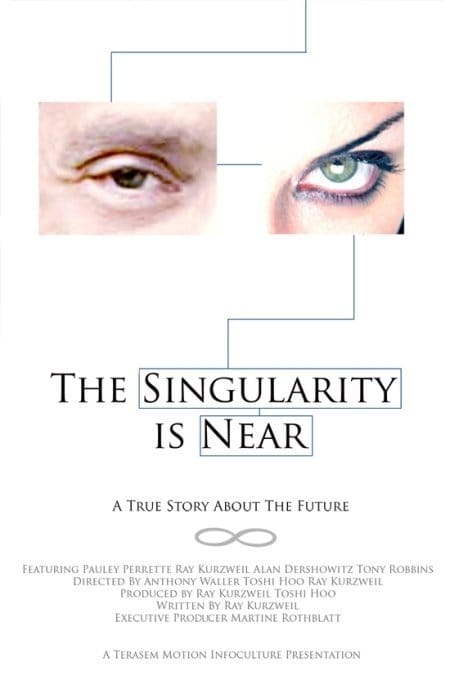

“More specifically, can we do justice to literature as literature when the institutions within which we engage with it-as teachers, students, researchers, and critics-exert constant pressure to treat it instrumentally-to reduce it to a set of rules, or a source of information, or a deployment of skills?” What complicates the attempt to do justice to the literary work (that is, if it is truly “literary”) is the difficulty of grappling with its “singularity,” the “particularity of the work’s power, intellectual and affective.” Singularity occurs not in fixed features of the text (which Attridge regards simply as the words printed on a page) but as an event, an “act-event,” Attridge’s coinage intended to capture the activity of both writer and reader. Still, the focus of his analysis is unmistakably on the experience of reading literature: “Can we do justice to literature?” Attridge asks. No subtitle indicating that whatever work literature does for the critic is in the service of something other than itself? “Representation as Political Resistance”? “Style and the Cultural Determinants of Language”? Just the “work of literature,” in isolation from its historical and sociological context, as if such a work might actually be approached on its merits as, well, art, or some other reactionary, now discredited and outdated practice? Heavens to Betsy!Īttridge makes it clear soon enough that “work” in this book can be understood both as a way of identifying a poem or novel (“a work of fiction’) and as the labor involved in the work’s actualization (its “performance,” as Attridge has it). The very title of Derek Attridge’s The Work of Literature announces it as a deviation from what has become the usual sort of academic study of literature.

Review of The Work of Literature, by Derek Attridge


 0 kommentar(er)
0 kommentar(er)
